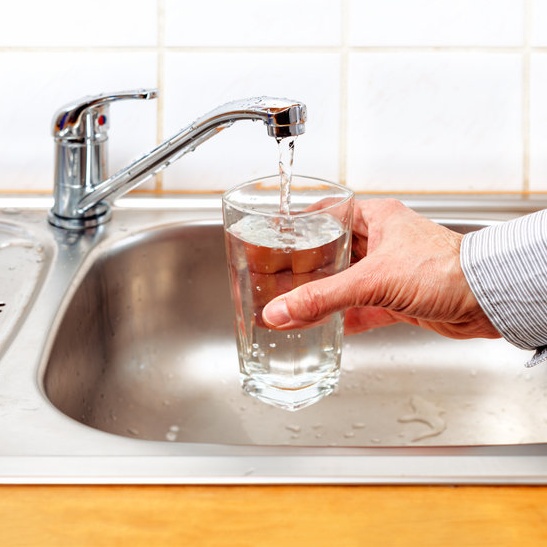
Do carbon filters remove viruses?
Everyone is concerned with having the healthiest food and water possible, which is why there is an increase in carbon filtration systems in homes. To explain how a carbon filtration system works, let’s get a clear carbon filter definition. Carbon filter is a method of filtration using an activated carbon to filter impurities from water. Pollutants in the water adhere to the carbon inside a carbon filtration system.
No, an activated carbon filter will not remove viruses. There isn’t any one filtration system that does it all. Because each filter has its own specifics it removes. To have a carbon filtration for water that removes it all, it would need to be combined with other treatment processes for effective results of removing various contaminants.
An activated carbon filtration system doesn’t remove microbial contaminants found in hard water like bacteria, calcium, fluoride, magnesium, nitrate, and viruses. So, what do carbon filters remove from water? An activated carbon filtration system does remove are the organics that affect the color, odor, and taste of water.
With carbon filtration in water treatment, it also reduces the following:
- Chlorine
- Industrial solvents
- PCBs
- PAHs
- Pesticides
- Polychlorinated
- Radon gases
- THM
Are carbon filters safe for drinking water?
The materials inside the most carbon filtration systems are inspected and rated by a third party for safety. With this third party involvement, yes, carbon filters are safe for drinking water.
The safety rating is based on the amount of chlorine, taste, and odor that are removed, otherwise known as CTO. Another factor of the rating system is what the sub-micron carbon blocks remove are cysts and lead. The combination of activated carbon block filter with sub-micron, the ratings go beyond what is expected to remove any additional particles with mechanical filtration, the screen door to the system.
Mechanical filters work like a screen door– they keep unwanted elements out and let clean water through. Pores of a carbon block filter that measure less than one micron are too small for cysts to pass through.
Which is better reverse osmosis or carbon filter?
A common asked questions when it comes to regarding water filtration is which is better: carbon filtration vs reverse osmosis? It depends on your goal. A carbon filtration system is a process to reduce and remove contaminants from water. The carbon filter blocks the contaminant physically as they come through the filter. This absorption process also reduces any chemicals in the water. Those contaminants include:
- Arsenic
- Chlorine
- Dirt
- Heavy metals
- Parasites
- Rust
- Sediment
- Volatile Organic Compounds
- Unpleasant taste and odor
On the other hand, water is filtered through a carbon cartridge with a reverse osmosis water purification system, removing chlorine and sediment. The next stage of purification with reverse osmosis is pushing water through a superb membrane that is designed with the purpose of removing most contaminants, which includes lead, and TSC (total dissolved solids) like fluoride, and recycled sewage water.
Last, 97% of tap water contaminants are reduced as the water flows through the last carbon cartridge. Calcium and minerals are stripped away at this point, which unfortunately is removing nutrients the body needs. Some brands and models of a RO system offer a remineralizer cartridge that can be added to the system.

How long does a carbon water filter last?
Like most things today, the filter in carbon filtration system doesn’t have an endless life. The activated filter in a carbon filtration system has an expected lifespan between two months and six months. An additional filter is included in some activated carbon filters for protection that extends the lifespan to 12 months. These additional protective filters are typical of RO system or whole house system. One factor that can shorten the lifespan of the filter in a carbon filtration system is poor quality water.
Most companies that manufacturer carbon filtration system utilize an activated carbon form or an activated charcoal in their filters. The primary job of that activated carbon filter is to remove harmful contaminants and bad odors while improving the water’s taste.
Not staying on task with changing the filter in your carbon filtration system is doing yourself a disfavor. The cheaper the filter, the shorter the lifespan and the more water processed through your carbon filtration system , the shorter the lifespan. This means that if you have a high water usage, you should use a quality filter for your carbon filtration system.
Most homeowners will change their filter on a routine schedule like changing the battery in their smoke alarm. However, life gets busy, and forgetting the batteries or the filter change. If you notice the water is slower to dispense or starts to have an odd taste or odor, it is time to change the filter. Manufacturers recommend the routine schedule of changing the filter as opposed to waiting for the foul odor and bad taste, or low water pressure. Call 484-366-9362 today for your carbon filtration system in Pottstown, PA.

